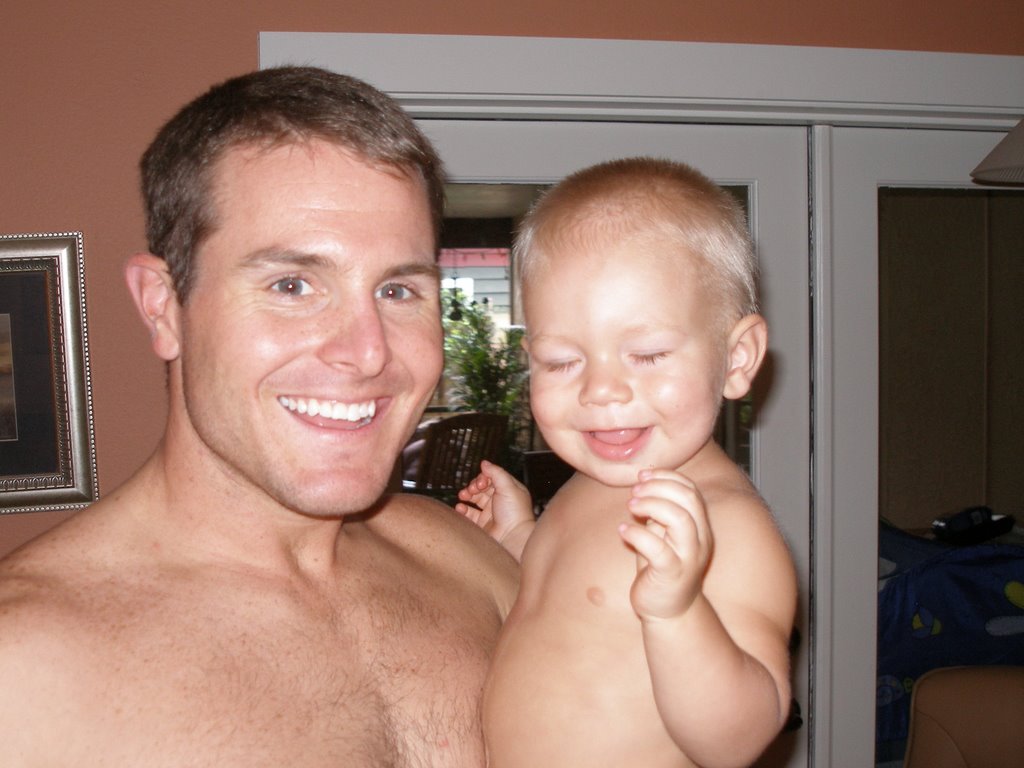
If you've ever read C.S. Lewis, you've likely encountered this thought through a fictional media.
On the surface, it would seem that Lewis was referring to higher, deeper, and more core truths (and he likely was). However, the idea can be translated over to another aspect of life and spirituality that is oft misunderstood in western thought (it might be in eastern as well, but a westerner has trouble elaborating on such a point with any sort of validity). The idea is that of holding things in tension and under examination, but still living a life seeking joy, peace, contentment and hope.
This noble-sounding idea encounters its difficulty in the actual practice of life where one encounters pain, chaos, discontent, and despair. So what is one to do? Throw up their hands in disgust and begin to live for themselves? Continue trudging through, and hoping against hope?
C.S. Lewis or the author of Hebrews might say that there is a separation between those who engage this idea with themselves as a god and those who engage it as ones with a high priest who has been made perfect. There is a new contract with a new high priest who strives on our behalf. This should give us hope. Hope for life, hope for the realization of a world where things are not as they are now. In order to truly encounter God and His Kingdom, we must be willing to let the things of this world that are not eternal be shaken off so the Unshakable Kingdom can move to the forefront.














1 comment:
"to ponder is less a question of intellectually contemplating something as it is of patiently holding it inside of one's soul, complete with all the tension that brings. Thus, when Mary stands under the cross of Jesus and watches him die--and there is absolutely nothing she can do to save him or even to protest his innocence and goodness--she is pondering in the biblical sense. She is carrying a great tension that she is helpless to resolve and must simply live with."
220, The Holy Longing, Ronald Rolheiser
Post a Comment